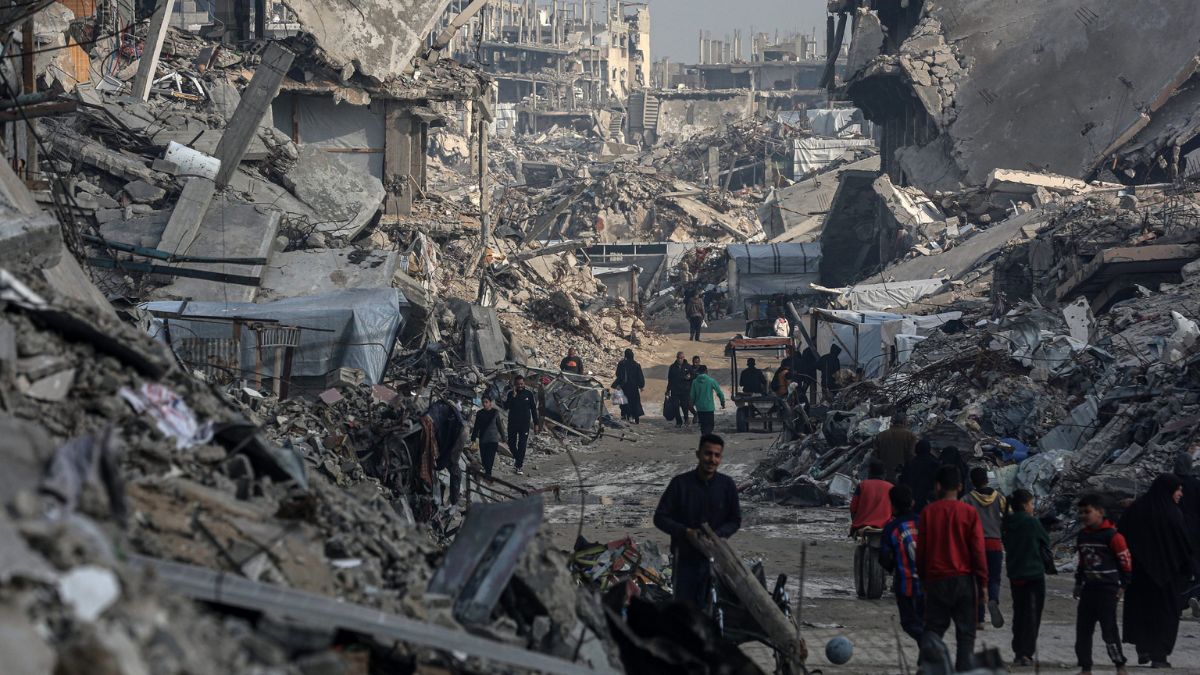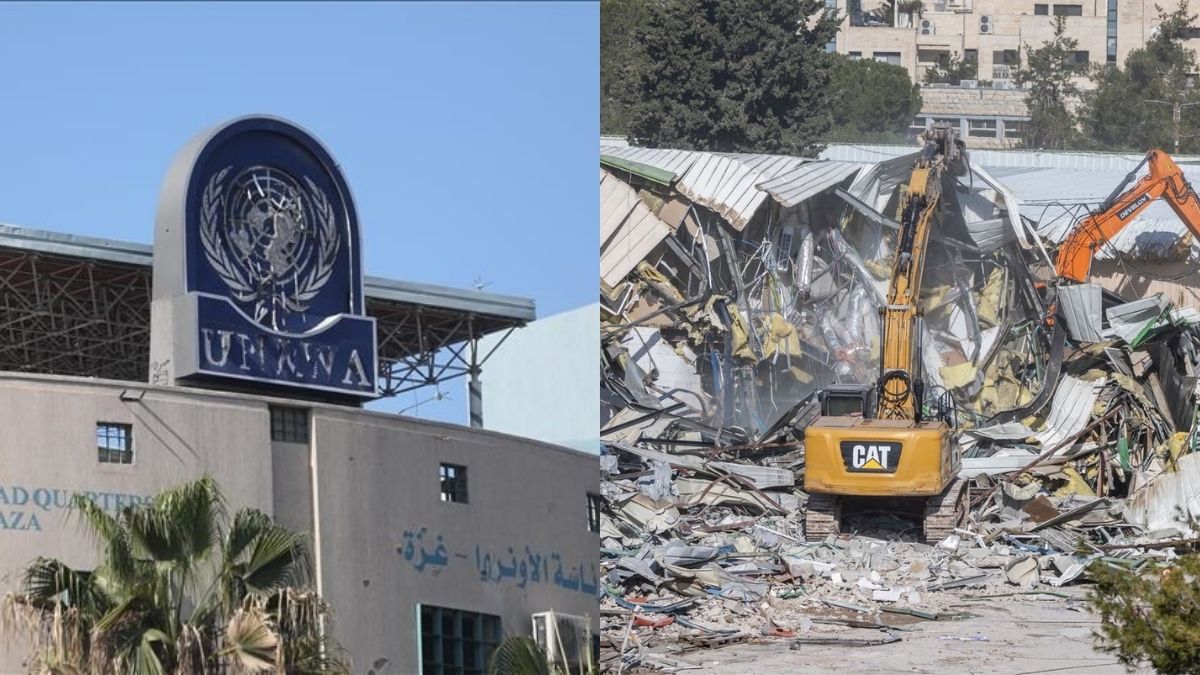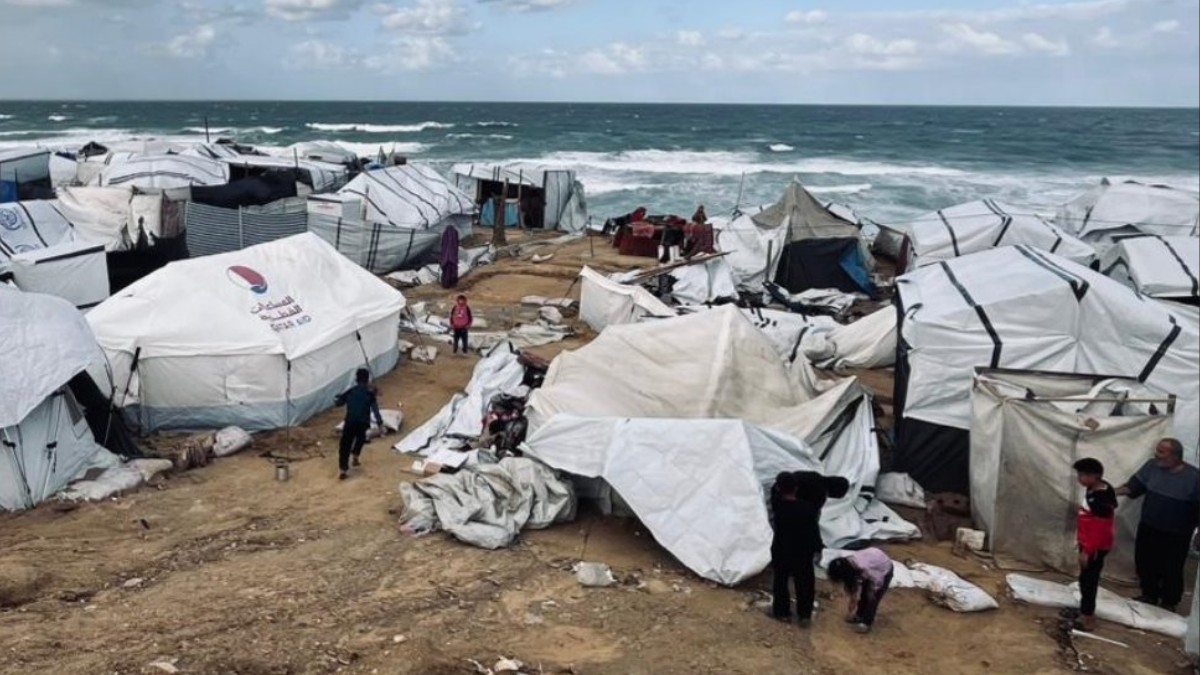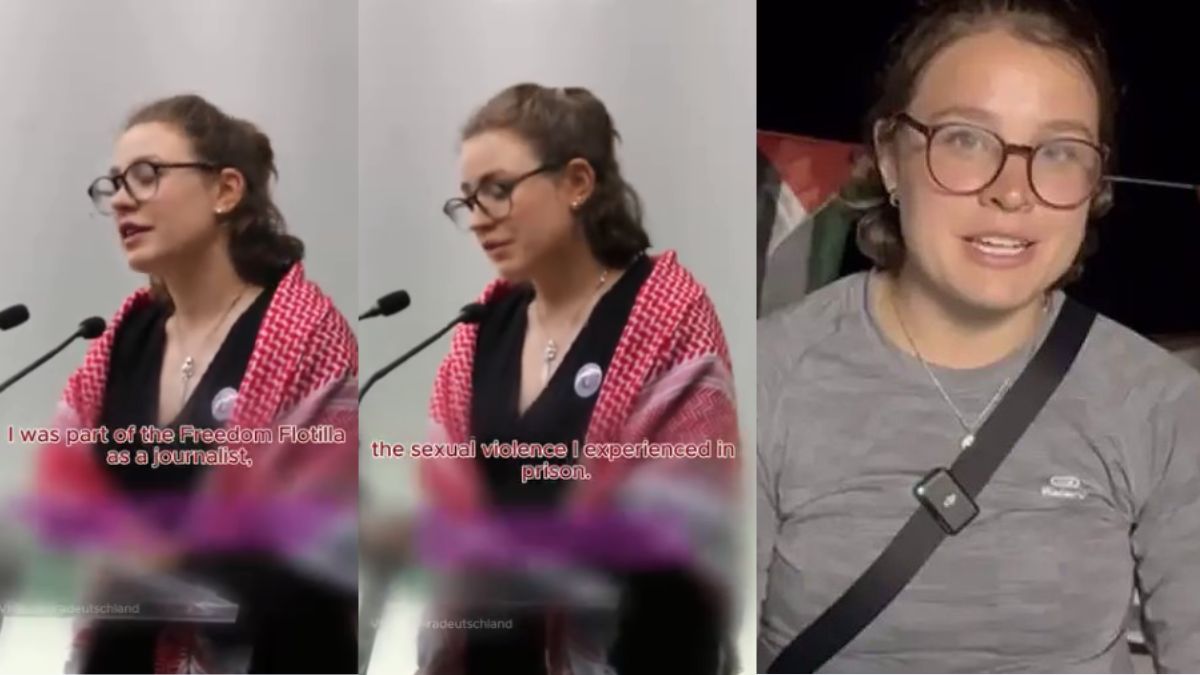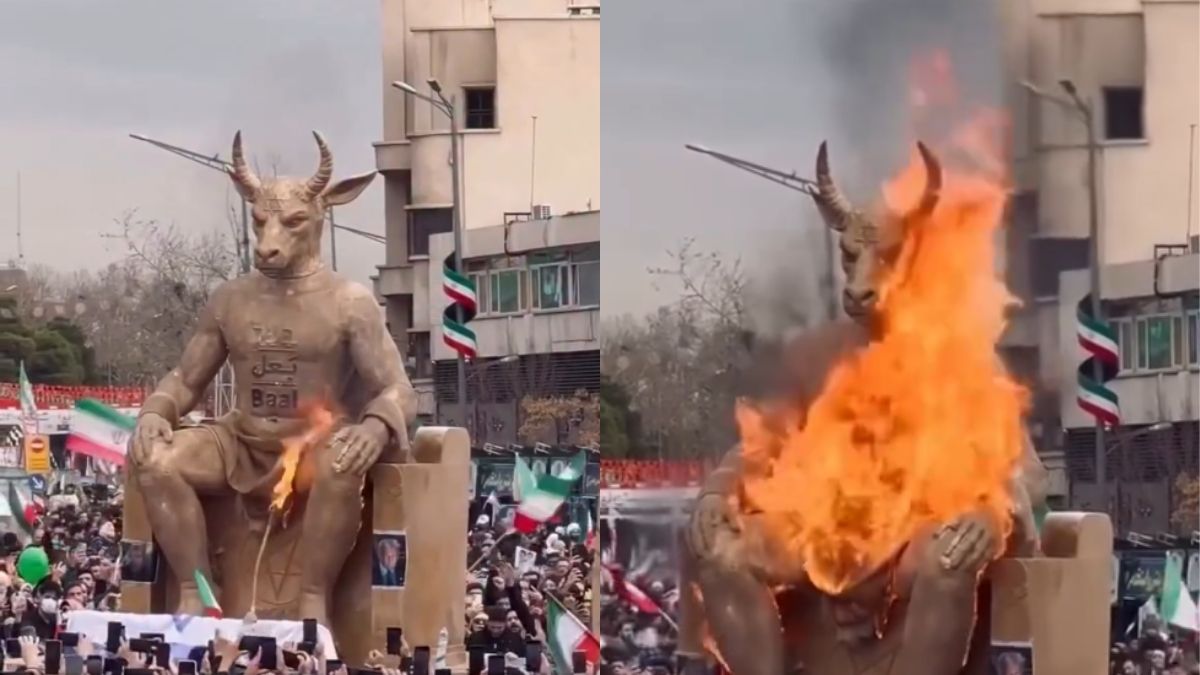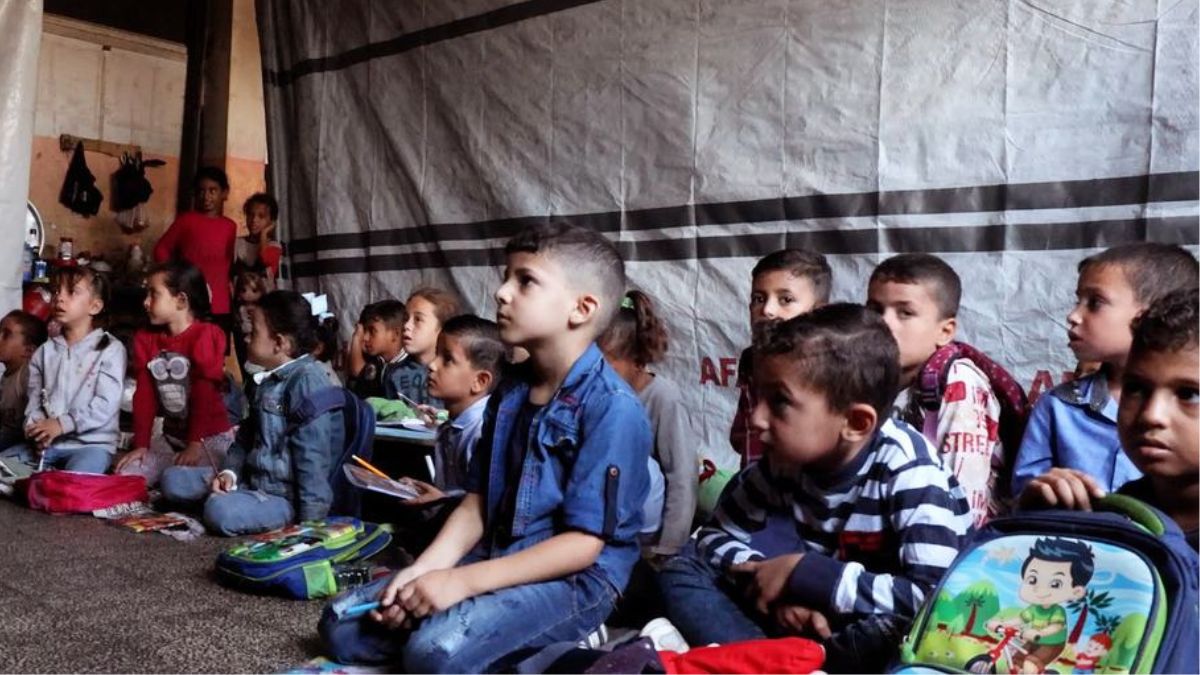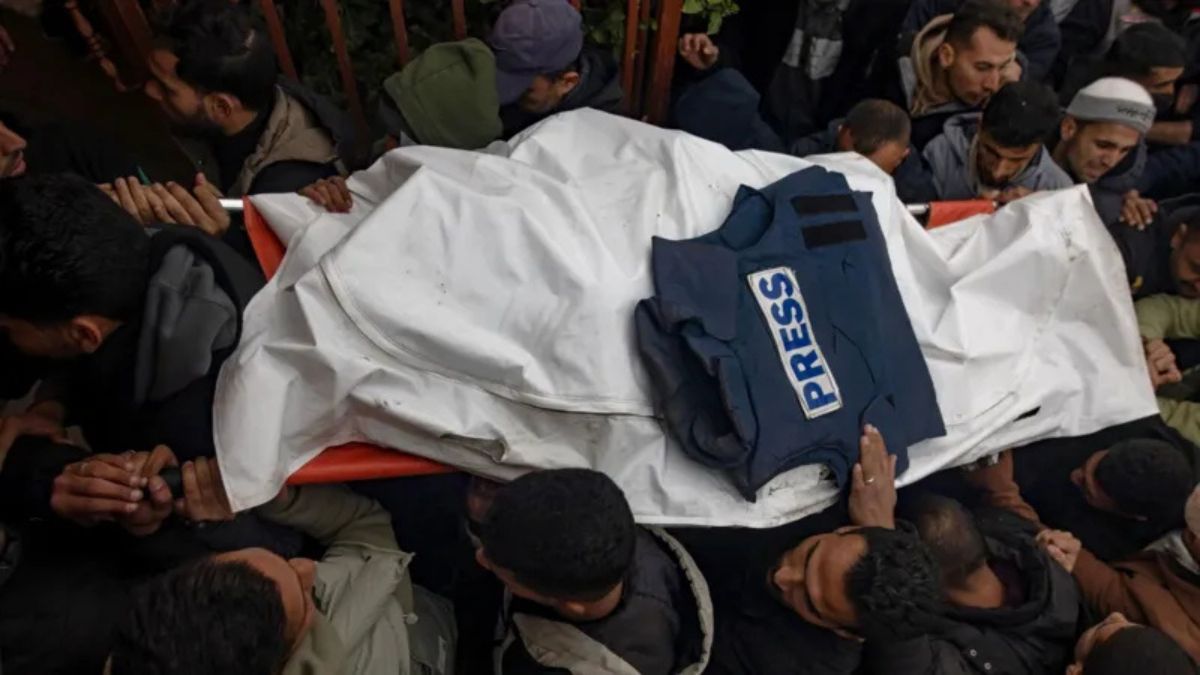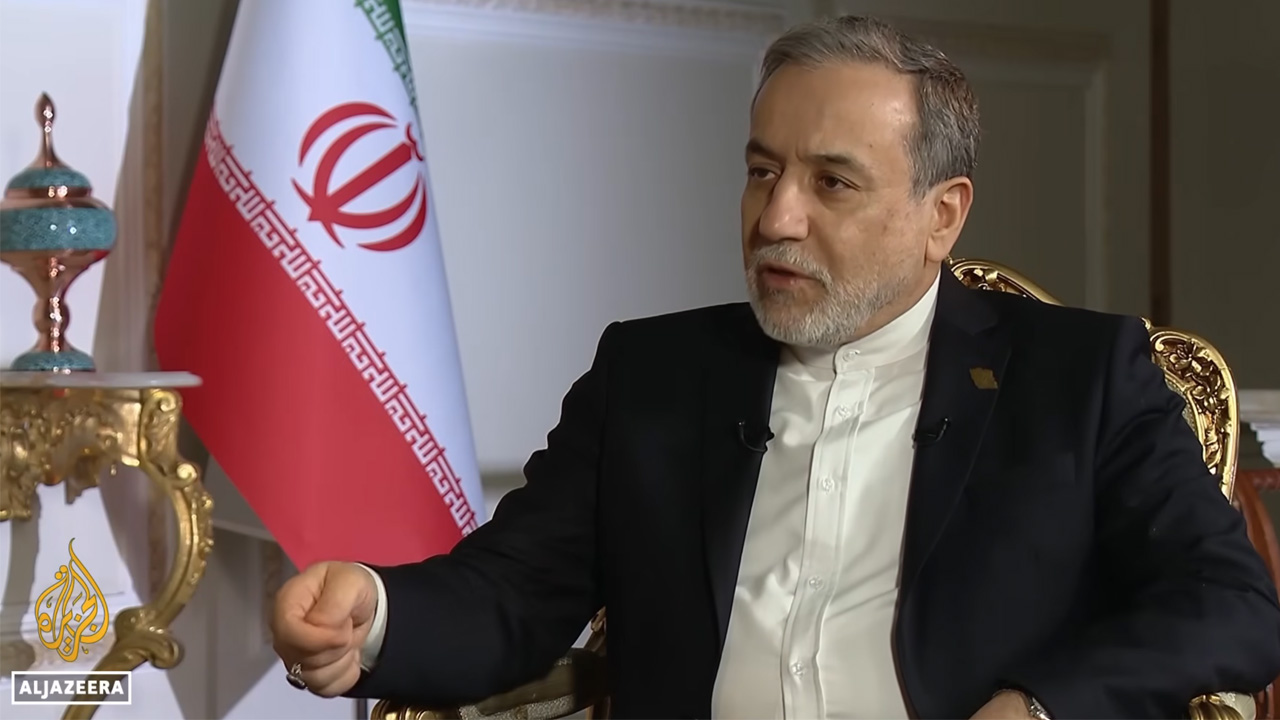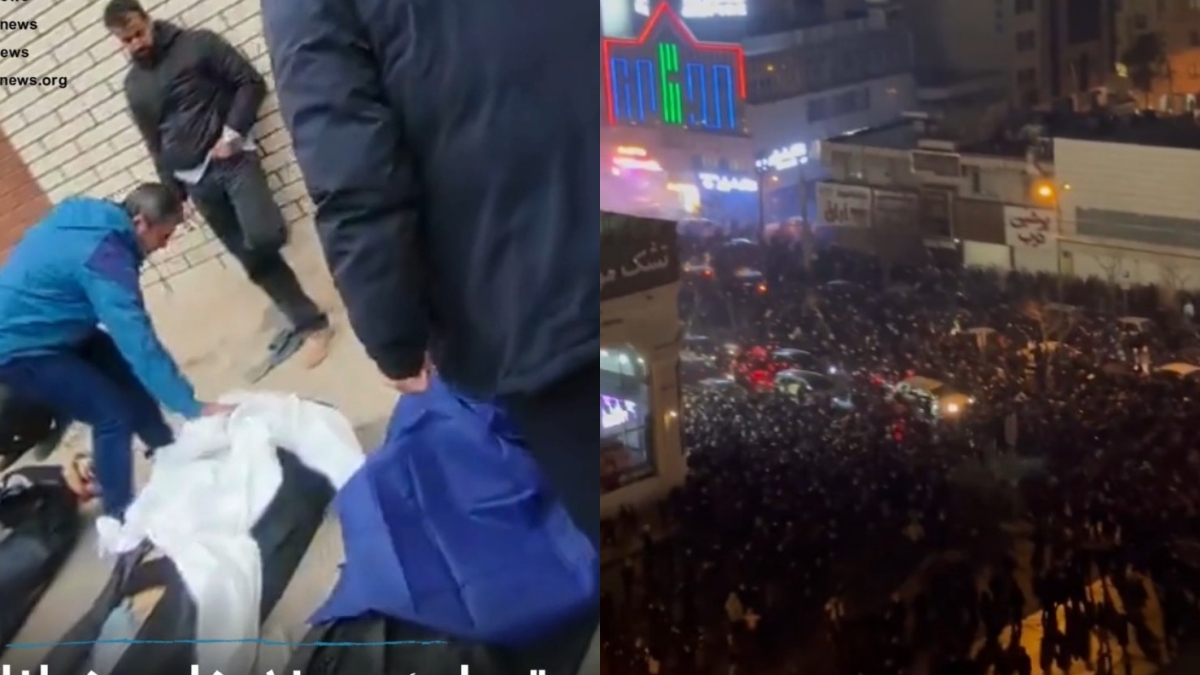CGTN reporter blocked from entering Gaza despite Israel’s claims of media access
A CGTN journalist attempting to enter Gaza through the Erez crossing was denied access, contradicting recent Israeli statements that foreign reporters are not barred from the enclave. The incident comes as international media and press groups renew calls for unrestricted reporting inside Gaza.
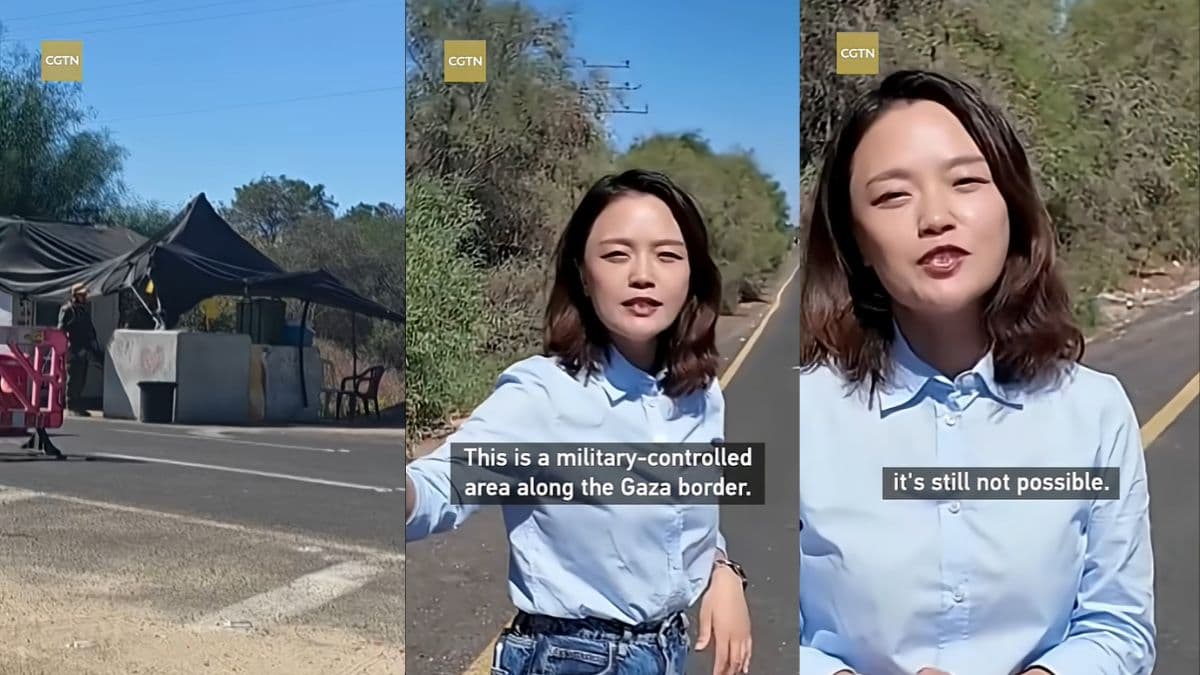
- CGTN reporter denied entry into Gaza despite Israel’s claim it does not block foreign media
- Netanyahu earlier announced plans to allow more journalists under military supervision
- Press groups continue urging Israel to open access amid mounting journalist deaths
A video published by CGTN on 17 October 2025 shows reporter Chen Huihui attempting to enter Gaza through the Erez crossing, to verify Israel’s recent claim that it has never blocked foreign journalists from entering the enclave.
In the footage, Chen explains that two years earlier — at the outbreak of the 2023 Israel–Palestine conflict — nearly all routes into Gaza were sealed.
Returning now under the first phase of a ceasefire agreement, she found the situation unchanged.
CGTN reporter turned away at Erez crossing
“Recently, Israel said it has never blocked foreign journalists from entering Gaza. We wanted to try it out,” Chen said.
Speaking to an Israeli personnel on site, she requested to move closer to observe humanitarian aid efforts entering Gaza.
The official responded, “Cannot, anywhere station is closed.”
Reporting from the same area, Chen described it as “a military-controlled zone along the Gaza border,” noting that “the other side leads directly to Gaza City.”
She added: “As in two years ago, we have just been told we cannot enter. So why come again? Because a few days ago, the spokesperson for the Israeli Prime Minister’s Office told international media that Israel has never barred foreign journalists from Gaza.
But as we just tried, it's still not possible.”
Netanyahu previously announced plans for media access
On 10 August 2025, Arab News reported that Israeli Prime Minister Benjamin Netanyahu announced plans to allow more foreign journalists to enter Gaza under military supervision, while citing security concerns.
During a press conference, Netanyahu said he had directed the military “to bring in foreign journalists, more foreign journalists, a lot,” but provided no specific timeline or details.
Ongoing calls for press freedom in Gaza
The video was released amid growing international calls for media access to Gaza.
On 11 October, The Guardian reported that the Foreign Press Association (FPA) in Israel had urged the government to “immediately open the borders and allow international media free and independent access” following the ceasefire.
The association also noted that Israel’s Supreme Court is expected to hear arguments on 23 October, after more than a year of delays.
Since 7 October 2023, Israel has prevented international journalists from entering Gaza independently, allowing only guided tours supervised by the Israel Defense Forces (IDF). As a result, global news outlets have largely relied on Palestinian journalists and media workers for on-ground reporting.
Rising toll among Palestinian journalists
According to the Committee to Protect Journalists (CPJ), 197 Palestinian journalists have been killed in Israeli attacks in the past two years — the highest figure worldwide.
Among the recent victims were Mariam Dagga, who worked for Associated Press and Independent Arabia, and Reuters journalist Hussam al-Masri, both killed in an Israeli strike on Nasser Hospital in Khan Younis on 25 August.
The CPJ said Israel carried out 25 targeted killings of journalists during this period, describing them as deliberate attacks.
Israel has denied intentionally targeting journalists but has acknowledged several deaths, including that of Al Jazeera’s Anas al-Sharif, whom it alleged — without evidence — was “the head of a terrorist cell.”


